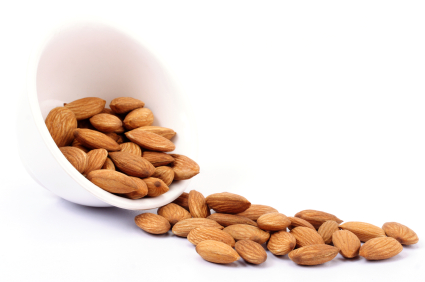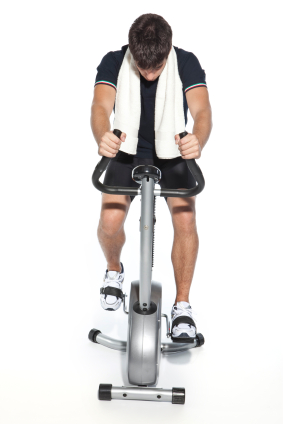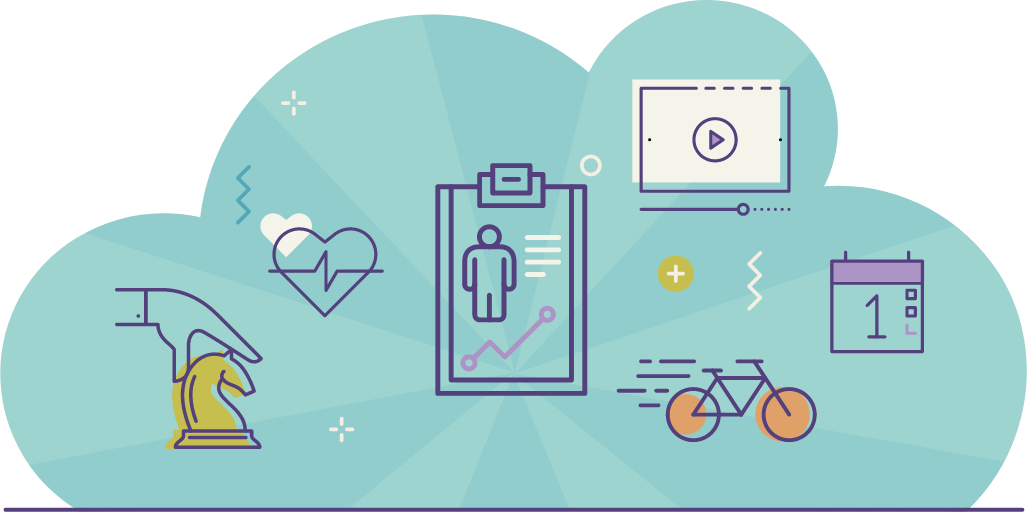My partner John works in the aviation industry, and for nearly thirty years, on and off, has worked night shifts. I often wonder how he manages. As I start to wind down, around 9pm, thinking about going to bed, he’s often just about to heat up his dinner, leaving it till late to break up a long stint that will require alertness and concentration.
Arriving home sometimes just before 8am, as I begin my day, he goes to bed and emerges in the early afternoon. If the neighbours are redecorating (which they often do) then this can make for a pretty broken rest.
At least now his night shifts are only occasional, but after so many years, we do often wonder how this could be affecting his health.
So what do we know about the health risks of working a night shift?
We humans are a diurnal species, which means that we are designed to be active during the day. We have less of an appetite at night, when our body is actually supposed to fast and focus on repairing and restoring itself.
Our blood sugars are regulated differently at different times. At night, growth hormone, released during the first deep-sleep phase, and the stress hormone cortisol summon blood glucose from our existing reserves (mainly in the liver). This allows our central nervous system to keep functioning, without the need from external fuel. Our muscle cells are not supposed to need the energy at that time, so they are not that receptive to insulin (which normally allows them to take in glucose).
Metabolic conditions to consider when working a night shft
This could be one of the reasons why night shift workers so often suffer with glucose intolerance, gaining weight around the middle and more frequently than average developing conditions such as diabetes. One study showed that just three nights of disrupted sleep decreased insulin sensitivity by 30%, even with the same number of hours.
During the day we tend to run on glucose, and store fat, and then at night, when we should be fasting, our metabolism becomes more efficient at burning fat. This might explain why eating at night can increase the levels of triglycerides in the blood, and fat storage generally.
Does our body clock adjust to night shifts eventually?
Even after two years of regular night work, studies have shown that glucose and insulin rhythms are only partially adjusted to night shifts.

Digestive health for night shift workers
Digestive health can be another issue, with problems such as IBS or peptic ulcers more frequent for night shift workers. Our digestive system is meant to be at rest during the night, and the hormones that regulate hunger and satiety work differently too.
Heart health and night shifts
Homocysteine, an amino acid associated with an increased risk of coronary heart disease, has been shown to be higher in night shift workers. This chemical is at its highest during the night, and is further increased when you eat meat.
Add to this the problems I mentioned earlier, linked to insulin resistance, including fat deposited around the organs and on the waist, having an inflammatory effect in the body, along with higher levels of blood triglycerides, and it’s no wonder that cardiovascular risk is higher in night shift workers.
Ping goes the microwave timer…

Quite apart from the laws of biochemistry, there is the very practical question of meal choice at night. If making healthy choices during the day is a challenge for many, then it’s even harder for night shift workers, who have a very limited range of options. Understandably they’ll turn to ready meals or convenient high carb quick fuel that doesn’t contain much in the way of nutrients, such as bread and sweet snacks. Studies have shown that after 6 months of starting shift work, people tend to consume less fibre as their vegetable intake plummets.
Night and day workers consume similar amounts of calories, studies have shown, but their eating patterns are different. Night shift workers tend to snack instead of eating full meals. Partly because appetite is lower at night, but also because they sometimes might have to fit around convenient time slots (for example A&E Doctors on a busy nightshift). They also tend to consume more coffee, which can also carry risks (by inducing more stress hormones).
So what can night shift workers do to minimise the health risks?
If you work nights yourself, or if you employ teams of shift workers, here are 15 night shift tips that can benefit you and your employees:

- Stick as closely as possible to a normal day and night pattern of food intake
- Aim for three satisfying meals across a 24 hour period
- It’s best to avoid or minimise eating between midnight and 6am and try to eat at the beginning and end of the night shift
- Avoid large meals for 1-2 hours prior to sleep
- Eat breakfast before day sleep to avoid waking due to hunger
- Choose whole foods, vegetables, lean protein, eggs, nuts, antioxidant rich food and drink such as red bush tea
- Avoid sugar rich products such as soft drinks, bakery items, sweets and non-fibre carb foods (high GI) like white bread
- Avoid foods that are high in iron at night (such as red meat) as they can disrupt the liver’s circadian rhythm and cause it to be out of synch, enhancing glucose metabolism problems
- Maintain a healthy lifestyle with exercise, regular meal times and good sleep hygiene outside of night shift work
- Get vitamin D levels checked regularly as working night shifts can mean reduced exposure to daylight. Vitamin D deficiency is extremely widespread, and linked to a vast range of health risks, including a number of cancers.
- Get yearly blood tests such as fasting glucose, to detect any risk of diabetes before it occurs
- Design shift schedules so as to allow adequate time between shifts for sleep, meal preparation, exercise, family time
- If possible the employer should provide a relaxed and sociable eating area. Eating in a relaxed environment will help stimulate a state of ‘rest and digest’ that’s more conducive to good digestion and absorption of nutrients
- The workplace should aim to provide a variety of good quality food for staff on-site: whole foods and high quality snacks
- A light box can come in handy (especially those used for SAD – Seasonal Affective Disorder)! A recent study showed that exposure to bright light before driving home can help improve alertness, as it suppresses melatonin.




References
- Arne Lowden, Eating and shift work – effects on habits, metabolism, and performance, Scand J Work Environ Health. 2010; 36(2): 150 – 162
- Fangyi Gu MD, Total and Cause-Specific Mortality of U.S. Nurses Working Rotating Night Shifts, American Journal of Preventive Medicine, March 2015 DOI: 10.1016/j.amepre.2014.10.018
- Marjory L. Givens, Shiftwork, sleep habits, and metabolic disparities: results from the Survey of the Health of Wisconsin. Sleep Health, 2015; DOI:10.1016/j.sleh.2015.04.014
- J.-C. Marquie, Chronic effects of shift work on cognition: findings from the VISAT longitudinal study.Occupational and Environmental Medicine, 2014; DOI: 10.1136/oemed-2013-101993
- Gan, Shift work and diabetes mellitus: a meta-analysis of observational studies.Occupational and Environmental Medicine, 2014; DOI:10.1136/oemed-2014-102150
- Judith A. Simcox, Dietary Iron Controls Circadian Hepatic Glucose Metabolism through Heme Synthesis. Diabetes, October 2014 DOI: 10.2337/db14-0646 1939-327X
- American Academy of Sleep Medicine, Bright light after night shift may enhance alertness and cognitive performance: Using bright lights may be particularly effective for low light work environments. commutes that occur before dawn. June 2015





















